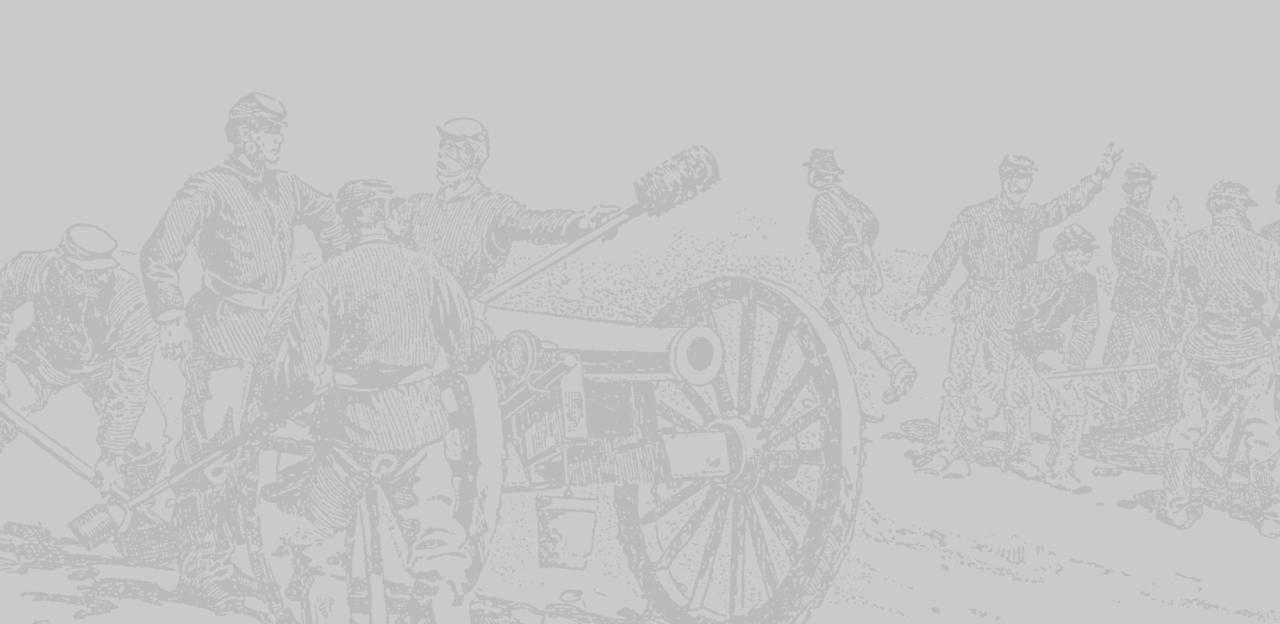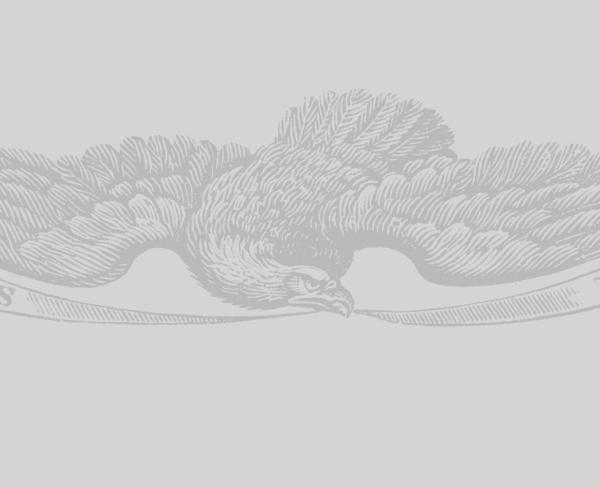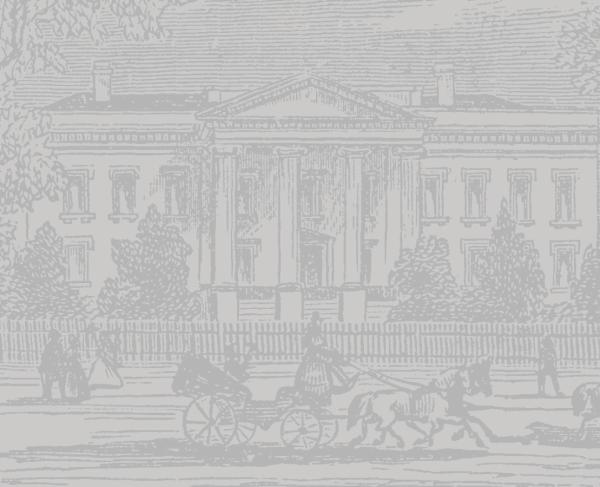Senator Albert J Beveridge’s Address on the Dedication of Indiana’s Monuments in Shiloh

Since all must die, how fortunate to die for an undying cause and under the approving eye of history.
So fell those who fell on this field. For they gave their lives to save the life of the Nation, and history recites no nobler story than the story of their sacrifice.
They; thus are the subject not only of our pride and love, but of our envy. For it is not given to us so to close the volume of our years; and if it were, we dare not say that we would meet that opportunity as they met it.
That the ground they stood and fought on may be marked and that our children may be worthy of the heroes sleeping here, Indiana builds these monuments. Not that she would rear warriors—for we pray for peace—but that she would have her sons develop souls so great that the giving of their lives for a worthy cause will be to them a welcome thing.
And' such were the souls of our fathers and brothers, who, on this field, on this spot, paid that price for our Nation's immortality.
For their blood was shed to make of the American people a single Nation, and not for any lesser purpose. Other results of our civil conflict were incident to that. And so they died no less for the people of the South than for the people of the North—for the American People undivided, indivisible. Their martyrdom was to establish forever the brotherhood of the flag—a relationship so lofty that it cannot see sections within the boundaries of the Republic.
That purpose they accomplished. Devotion to the Nation is today the first principle of all Americans. In our recent war the proudest to wear the Nation's uniform were the sons of those who on this field met in arms their Northern brothers; the first to die beneath the flag was a son of Carolina. And the giving of one's life is the highest proof of loyalty. Exhausted in arms but by arms unconquered, the Southern people have yielded to a great and true idea. That idea is American nationality.
To me the thought of a people, a nation, a master nation devoted to ideals, is so vast and fine that even the simplest words are not strong enough to state it. And that was the thought our heroes died for. And that ideal fought on for them. It is now the ideal of us all, men and women of North and South alike.
How little these words—Southern and Northern! Let us forget them. How much grander the single word, American! Let us think of that, and only that. Let us who live be worthy of our dead. And let us who live be tolerant of the views of the heroes of the other side. Only the years can tell what elements of just opinion were confused and tangled in that cataclysmal conflict. For us it is enough—a fullness—to know that our central thought of nationality was true and that our brothers of the other side assert it now even as we ourselves assert it. Tolerance, then, and loving kindness, and charitable forgiveness on both sides; and through all the land sweet reasonableness! Nothing but these are important; for in these abides Truth, and Truth is the only sovereign.
War, at best, is awful. Yet this word can be said even for war—it reveals elemental and eternal things. In peace, men reckon action, plan and purpose from the central point of selfish interest. War comes, and the same men are conscious of a thing which cannot be measured by yardstick, nor weighed in scales, nor listed in stock market; and yet a thing for which they go to the grave as to a bride—glad, grand, masterful in a savage unselfishness. That wonderful thing which makes men welcome death is principle. In war's light they see it. Our heroes who sleep here saw it. God grant us their joy of seeing, without their agony of battle. Not that they found it hard to die—they did not—but horrible to slay. For the moment, at least, standing with their graves around us, we may measure the height of their outlook—the breadth of their thought. And, as we measure, how little, transient, foolish seem men's plots for power, plans for place, schemes for self-aggrandizement! How they dissolve into nothingness and only the true, the beautiful and the good remain! It is holy ground on which we stand. I speak for Indiana soldiers. Therefore I submit no statistics of comparative carnage. Whether more men were killed here, or there, in Caesar's conquests, or Napoleon's wars, or Alexander's battles, or on our own sad, red fields is not important. History shows that mankind in all ages and in all lands have been physically courageous. The cause, the thought, the principle, the ideal for which they fought, is the real thing. That is what Indiana's soldiers think. That is how I interpret Indiana's mind.
In the presence of our heroes dead, sur- rounded by our heroes living, how dare I interpret their supreme sentiment otherwise? For Indiana's veterans, in common with all the people of our State, believe that nothing is worth fighting for that is not worth dying for; and that nothing is worth dying for but Truth. Such is our Indiana view of peace and war. For Indiana's people are neither rich nor poor, neither covetous, nor envious, nor cringing, nor brawlers, nor afraid. They are sturdy, gentle people, living simply, eager for noble teaching; and knowing, when called on in righteousness, how to give battle and how to die. And in this we take no peculiar pride. We take pride only in that we share this view with all Americans. For we Indiana people are national above all else. I said I spoke for Indiana soldiers. But you who live and these who died were not Indiana soldiers — you and they were Union soldiers—the Nation's soldiers— from Indiana. We have a State flag. Not many of Indiana's 2,500,000 people know what it is. But every one of Indiana's people know the Stars and Stripes. Every one of them would die for it. It is the Nation's flag—it is our flag, our only flag. Let it similarly be the only flag of every State. Let others be forgotten. When thinking of the Nation let Carolina forget her Palmetto banner, dear though it be with memories, and remember only the banner of the Nation! Let Texas forget her Lone Star ensign, sacred though it be with tradition, and remember only the flag of our common country! Let Massachusetts forget her pine tree device and remember only the colors of the Republic! States are invaluable for local government; but with this battlefield before us we cannot see State lines—our eyes are too full of tears. We forget that ever there were sections; and, whether we will or no, our very souls cry out two words —"Nation!"—"American!" Yes, that is it!—the American Nation! We have found ourselves at last. And it is because our heroes died here that we have come to the consciousness of that fact—the American People, a Nation, one, indivisible, everlasting. And you, and I, and all of us are parts of that Nation. That is enough. If those who rest here know that we have comprehended that thought—and they do know it—they are glad. It is enough for any man to die for. How blessed of the Father, therefore, are we who may live for that thought!
And we do not live worthily of it, if we do not consecrate our Nation to righteousness. But how shall we tell what is righteous and what is unrighteous? We believe differently, and, with all our souls, sincerely. To one it seems God's work to give order and law, and, by slow processes, so that they may see and understand, liberty and civilization to alien and inferior peoples. To another, such a course seems wrong. To one, a certain internal policy seems best; to another, it appears indefensible. Honest opinion daily divides us on both principle and expediency. How shall we tell which is right? Who is to decide? Patience! God will decide. No harsh words! No denunciation! Trust the common thought and conscience. Trust the people. "Vox populi, vox Dei."
If, in the long run, that maxim is not true, republican government, democratic institutions, the rule of the people is a mistake. And the people's government is not a mistake. With this thought, then, we meet all problems, troubles, dangers, doubts, serene and brave. Conflict of capital and labor, foreign wars, domestic broils, agitation and unrest, vexed questions and situations so grave that no key to them seems possible—all will yield to the master key made of the combined sense and conscience of the American people. To doors so solidly shut that opening appears hopeless, Time will fit and turn that master key. Time and the people —they will make all plain and right at last in this Republic of ours. Time and the people, and, over all, the Father — who can doubt our outcome, remembering them? Who, remembering them, can cherish hate? Who, remembering them, can be bigoted or despairing? "With malice toward none, with charity for all" —these are the best American words. Let us live up to them and be patient! Let us live up to them and be hopeful! Live up to them, and realize our brotherhood. Thus, and only thus, shall we be worthy of him who spoke them and of these fallen ones.
On behalf of Indiana and of Indiana's Shiloh Monument Commission, I salute Indiana's soldiers, dead and living—all and everyone, from private to commander; from him of name obscure to Wilder and Wallace, who still inspire us with their presence, and Hovey, Hackleman and Harrison, gone before. And in the name of Indiana soldiers—the Nation's soldiers—voicing a fraternity as noble as their courage, I salute, too, their former foes in arms, but now their comrades — comrades in the comradeship of this new day which has dawned for the Republic.
Click here for the full text of ceremonies.

